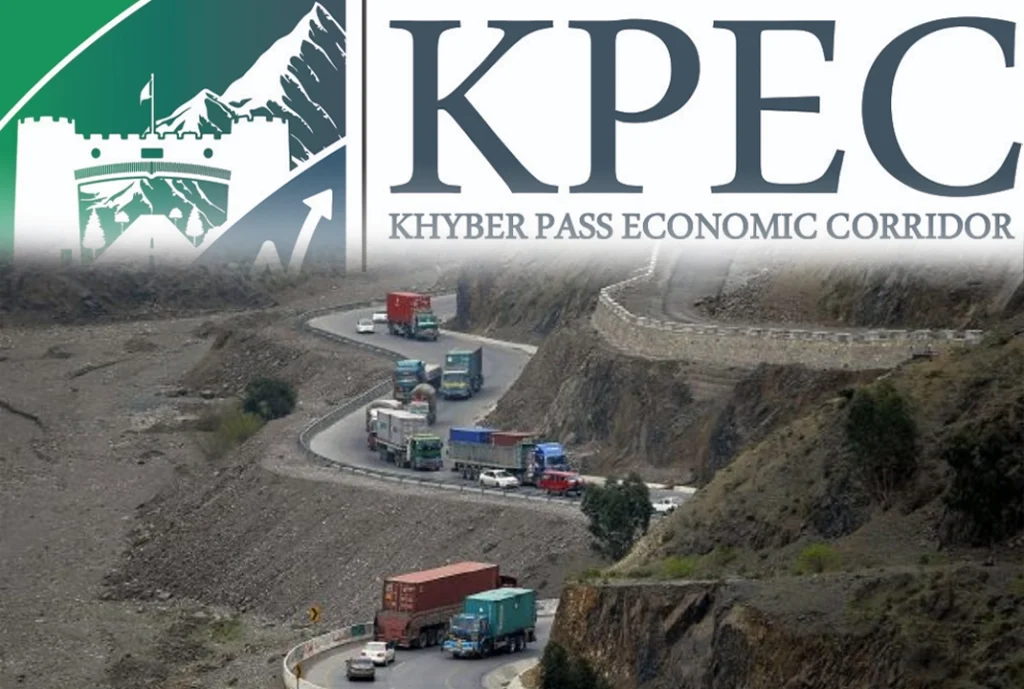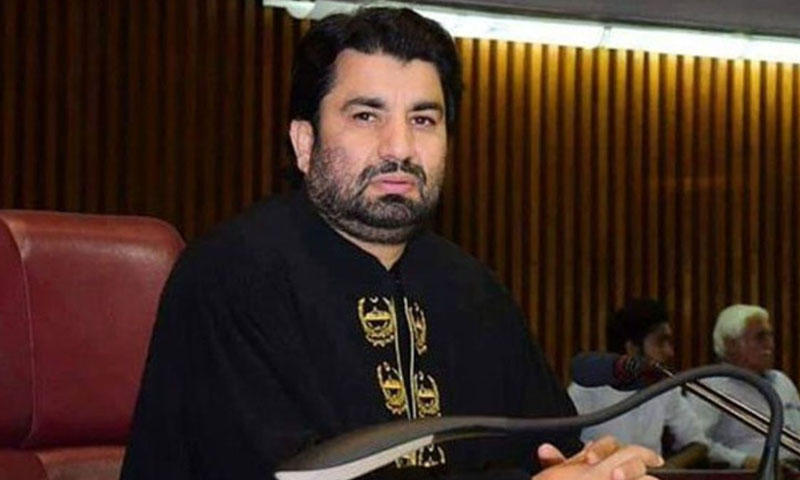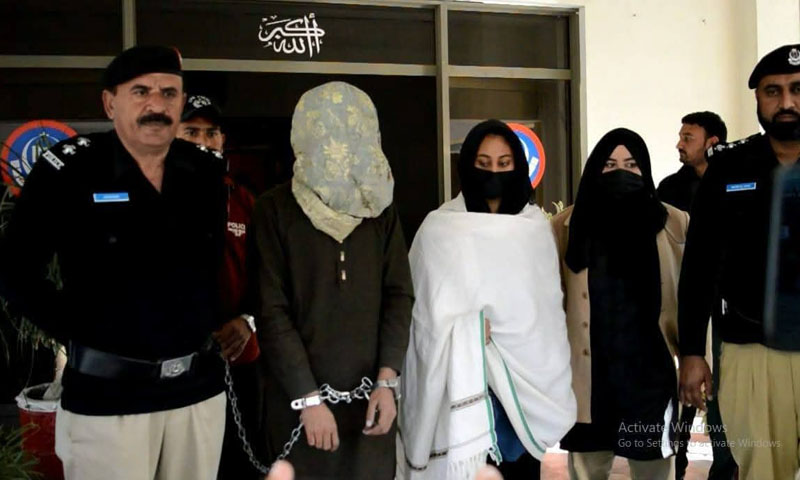- Web Desk
- Feb 09, 2026
KPEC Border Bazaar: fostering Pak-Afghan ties, trade and security
-

- Syeda Masooma Manahil Arshad
- Aug 13, 2025

PESHAWAR: A Border Bazaar at the Torkham border, planned under the Khyber Pass Economic Corridor (KPEC), aims to strengthen Pakistan-Afghanistan ties, boost cross-border trade, and enhance regional security. The KPEC team has now unveiled the project’s blueprint.
This blueprint, presented during a validation workshop, has been prepared after a detailed feasibility study, and reflects the aspirations of local communities while keeping in view the strategic importance of bilateral trade between the two neighbouring countries, said KPEC Project Director Imran Zahoor while speaking to HUM News.
The KPEC is operating under the Sustainable Development Unit (SDU) of the Khyber Pakhtunkhwa Planning and Development Department, and it has the Border Bazaar as one of its key envisioned projects.
Also read: KPEC drives economic growth as shield against extremism
The need for such a project arises because local communities on both sides of the border have long relied on cross-border trade for their livelihoods. However, recent changes, including the establishment of a gated terminal at Torkham, have limited their mobility and created challenges for small traders, as highlighted by Khyber Chamber of Commerce President Muhammad Yousaf Afridi.
With this Border Bazaar in place, there will be a legal and formal avenue available for people on both sides of the border to resume, and expand, their businesses operations, while also strengthening broader bilateral relations between Pakistan and Afghanistan, and beyond.
KPEC AND THE ROAD TO CENTRAL ASIA
KPEC, a flagship initiative under the Central Asia Regional Economic Cooperation (CAREC) programme, primarily involves the construction of a motorway linking Pakistan to the Central Asian Republics. The Border Bazaar is one of the key projects envisioned under KPEC.
“KPEC is a 100-kilometre motorway designed to link Pakistan with the Central Asian Republics, ultimately reaching Dushanbe. While it is part of a broader CAREC initiative involving multiple countries, our aim is not to let KPEC remain just a transport project. We want to transform it into a vibrant economic corridor that benefits the people of the adjoining districts. The entire project has been planned with that objective at its core,” Project Director Zahoor said.
He added that the Border Bazaar’s primary goal is closely aligned with KPEC’s overarching vision of fostering economic activity and improving livelihoods along the corridor.
Zahoor said that the project’s development follows a bottom-up approach, ensuring that border communities view KPEC as a source of prosperity rather than just a road. He said that the Border Bazaar could serve as a catalyst for legalising and formalising existing informal trade, creating safer and more regulated channels for commerce.
Additional Secretary of the P&D Department Muhammad Toufeeq echoed these views, stating that once operational, the project would have a “snowball effect”, enhancing trade volumes, boosting economic activity, and acting as a confidence-building measure between the two countries. “More trade will be possible, and in a safe, regulated manner, business activity will flourish. This will help promote peace and deradicalisation in the region,” he said.
He also spoke of the centuries-old tradition of cross-border trade in the region, predating the creation of Pakistan. He noted that the feasibility study aimed to bridge policy gaps, establish enabling provisions, and create mechanisms for effective implementation.
He expressed satisfaction with the extensive community consultations held over several months and stressed that infrastructure investments could promote prosperity and foster economic inclusion.
Zahoor concurred, saying “Communities across the border in both Pakistan and Afghanistan are very similar, which is very common of border areas because the cultural lines are drawn before national lines. We have kept both communities in our view, their willingness for the project and both formal and informal trade currently taking place in the region. Our aim is to best condition this border for the benefit of both sides.”
SECURITY AND MOBILITY CHALLENGES
Responding to questions on whether the Border Bazaar would operate under a visa or permit regime, Project Director Zahoor said that the preliminary findings suggested a visa-free model could be most beneficial. However, he cautioned that any final decision would have to consider the area’s fragile security situation and the operational limitations of authorities such as the Federal Board of Revenue (FBR) and the customs department.
He noted that similar border markets already exist in conflict-prone regions elsewhere, including on the Iran-Afghanistan and Bangladesh-India borders, as well as in certain parts of Africa and Europe. “This is a tried and tested model of economic development, and we want to replicate it here,” he said.
“Every project begins with an analysis like this, and we have identified a strong starting point for an initiative that will span many years. A better road will mean more container traffic, which in turn will drive higher trade,” he said, adding, “Our goal of achieving net-positive, high-value trade is shaped with bilateral relations in mind. Across the world, neighbouring countries have prospered through stronger ties, and the Border Bazaar is a step in precisely that direction.”
WORKSHOP OUTCOMES AND NEXT STEPS
The validation workshop allowed the Khyber Pakhtunkhwa government to present the feasibility study’s findings and gather stakeholder input on boosting livelihoods in border communities.
Also read: Consultative ‘KPEC Development Plan’ workshop held in Peshawar
Participants included representatives from the Pak-Afghan Joint Chamber of Commerce & Industry, Khyber Chamber of Commerce & Industry, Pakistan Border Trade Council, trade unions, local administration, government departments, and community members from Bacha Mena, alongside the World Bank Task Team.
Panel discussions centred on refining recommendations and confirming the study’s proposals. Closing the session, World Bank Senior Private Sector Specialist Kiran Afzal praised the private sector’s active engagement and its role in shaping the project’s model.




